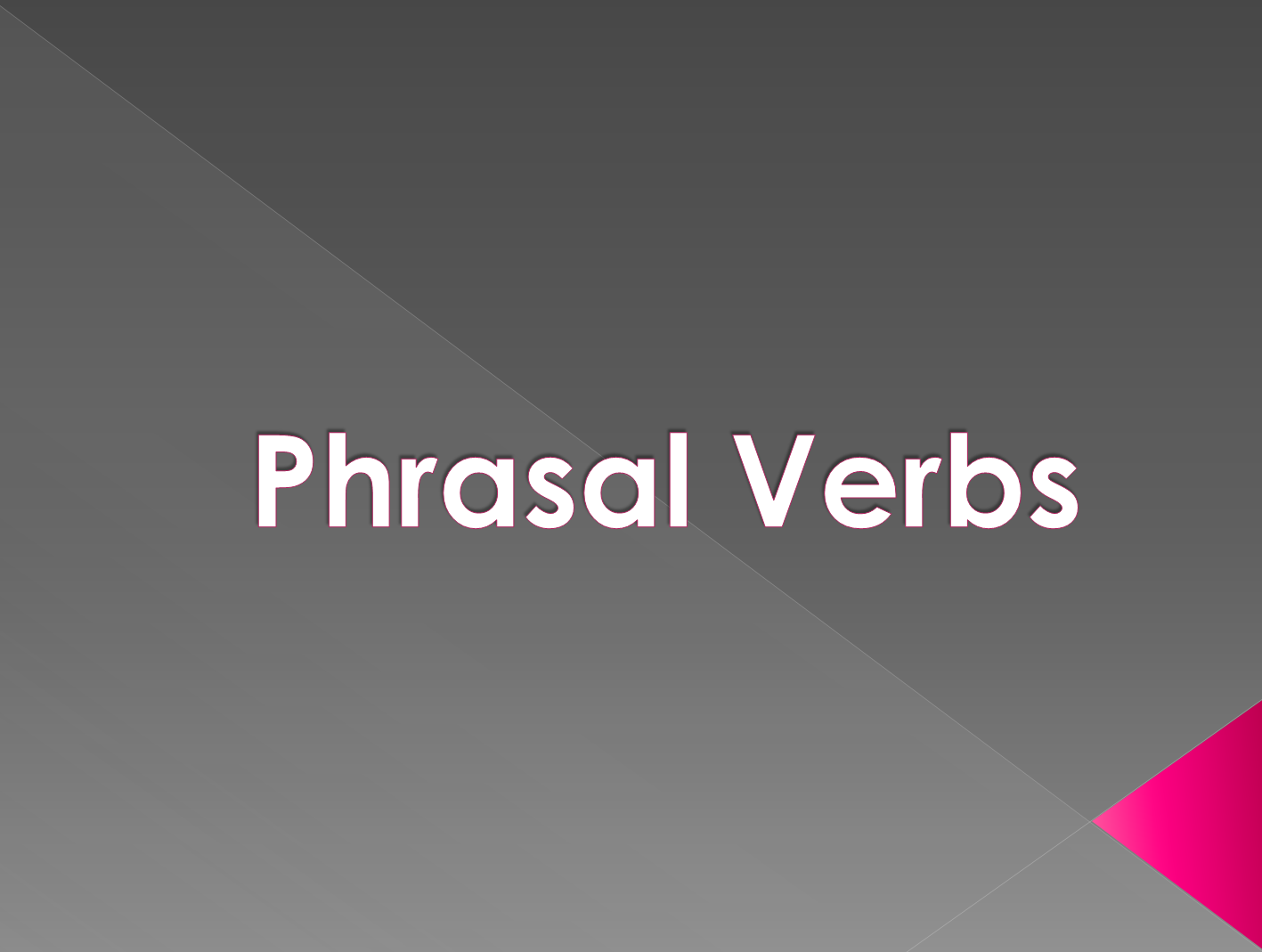
The TOEIC (Test of English for International Communication) is an English language proficiency test designed to assess the English language skills of non-native speakers in a business or professional context. The test is widely used by organizations around the world to evaluate the English language skills of job candidates, employees, and students.
The TOEIC test consists of two parts: the TOEIC Listening and Reading Test and the TOEIC Speaking and Writing Test. The TOEIC Listening and Reading Test is a paper-and-pencil test that consists of multiple-choice questions, while the TOEIC Speaking and Writing Test is a computer-based test that consists of spoken and written responses to prompts.
The test is designed to measure a wide range of English language skills, including listening comprehension, reading comprehension, speaking ability, and writing ability. Overall, the TOEIC is a widely recognized and respected English language proficiency test that is used by organizations around the world to evaluate the English language skills of non-native speakers.
Q&A Topic: How to Disagree
Disagreeing respectfully and effectively involves expressing differing opinions or perspectives while maintaining a constructive and courteous dialogue. Before disagreeing, make an effort to understand the other person’s viewpoint fully. This demonstrates respect and ensures that your disagreement is based on a clear understanding.
Frame your disagreement using “I” statements to express your thoughts and feelings without assigning blame or attacking the other person. For example, say “I see it differently because…” instead of “You’re wrong.”
Direct your disagreement towards the idea or opinion being discussed rather than attacking the person expressing it. Avoid personal attacks or derogatory language. Provide specific evidence, facts, or reasons that support your disagreement. Clear and logical arguments are more likely to be understood and respected.
Remember, the goal is to foster a healthy and constructive discussion even when opinions differ. Disagreements can lead to valuable insights and improved understanding when handled respectfully and thoughtfully.
Here are some questions that can help you to clear the TOEIC exam:
Q1 I’m sorry but I can’t ___________ your opinion on that.
(a) take
(b) share
(c) give
(d) find
Answer: (b) share
Q2 I very much regret that we must ___________ company on that issue.
(a) divide
(b) devise
(c) part
(d) leave
Answer: (c) part
Q3 Let’s be honest about it we’ll never agree on that because our views are diametrically ___________.
(a) apposed
(b) imposed
(c) supposed
(d) opposed
Answer: (d) opposed
Q4 We’ll never agree, that’s clear so let’s ___________ to differ.
(a) ask
(b) bid
(c) beg
(d) try
Answer: (c) beg
Q5 You can argue with me till the cows come ___________ but I can’t accept that.
(a) away
(b) along
(c) back
(d) home
Answer: (d) home
Q6 I really see no point in continuing this argument because we have no ___________ ground.
(a) basic
(b) own
(c) common
(d) similar
Answer: (c) common
Q7 There’s absolutely no way I can ___________ you on that matter.
(a) meet
(b) hold
(c) take
(d) find
Answer: (a) meet
Q8 Nothing in the world will ever make me change my ___________ on that subject.
(a) thought
(b) mind
(c) idea
(d) heart
Answer: (b) mind
Q9 I would love to meet you half way but I’m afraid I can’t because with me it’s a matter of ___________.
(a) principal
(b) principles
(c) principally
(d) principle
Answer: (d) principle
Q10 Let’s ___________ it, you and I will never see eye to eye on this.
(a) look
(b) take
(c) face
(d) see
Answer: (c) face
You may also like:- Idioms and Other Expressions Used For Talking About ‘Work’
- What Are Weasel Words?
- Money and Finance – Test Your Knowledge
- Phrasal Verbs, Idioms and Other Expressions Using ‘CUT’
- How to Say Time in English
- Idioms and Other Expressions Used For Talking About Money
- Shopping and Consumerism – Match the Correct Name
- Phrasal Verbs – Choose the Correct Verb
- Currency Markets – Choose The Best Words
- Personal Qualities – Use the Best Nouns and Adjectives








